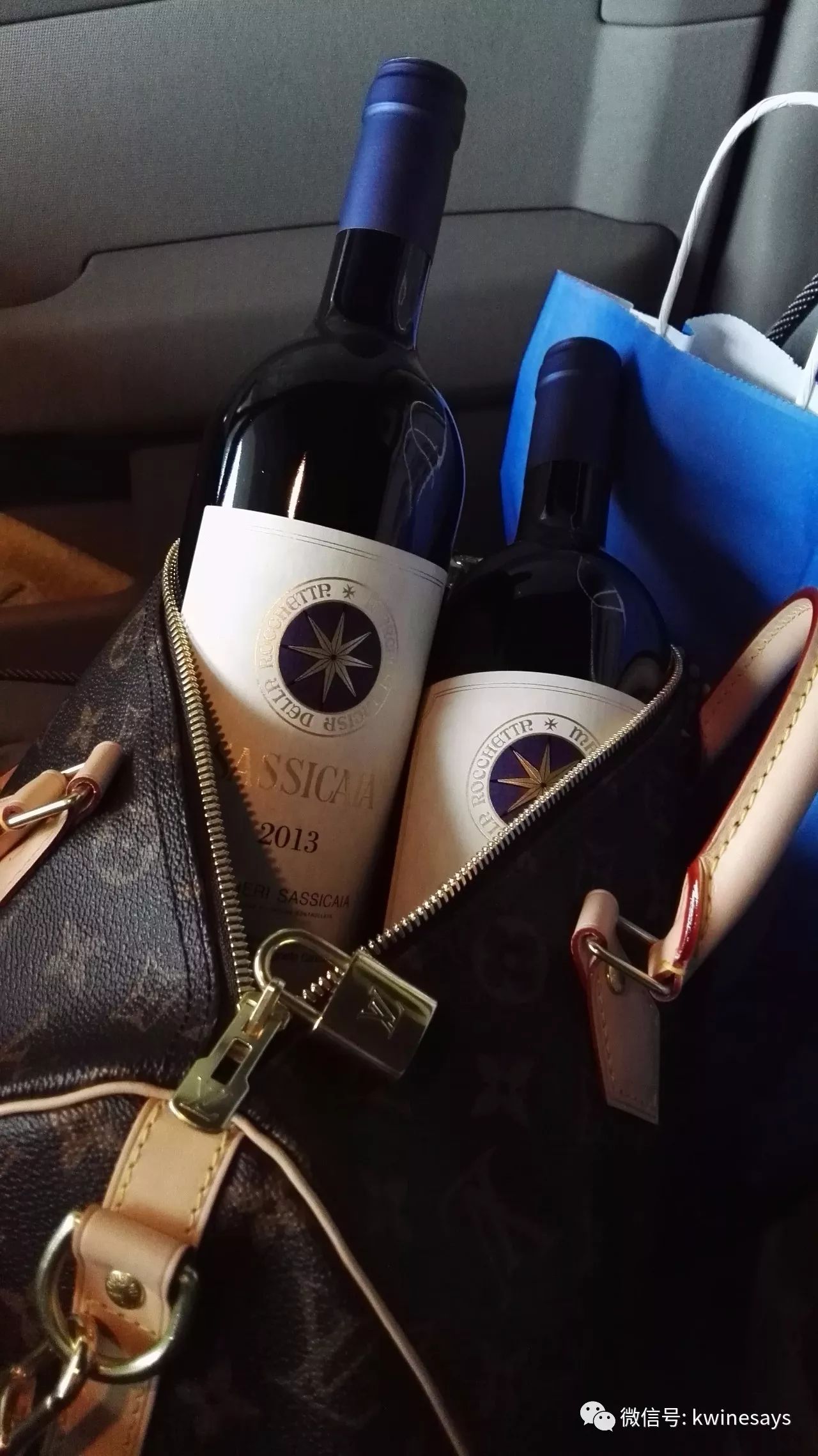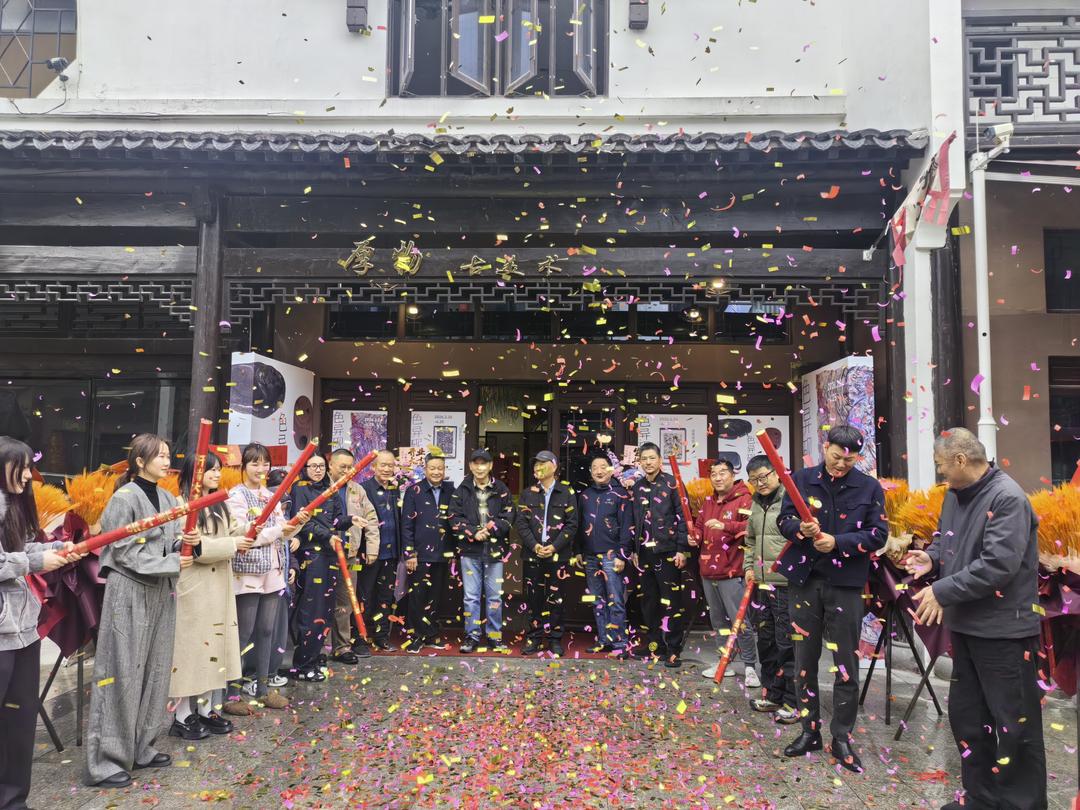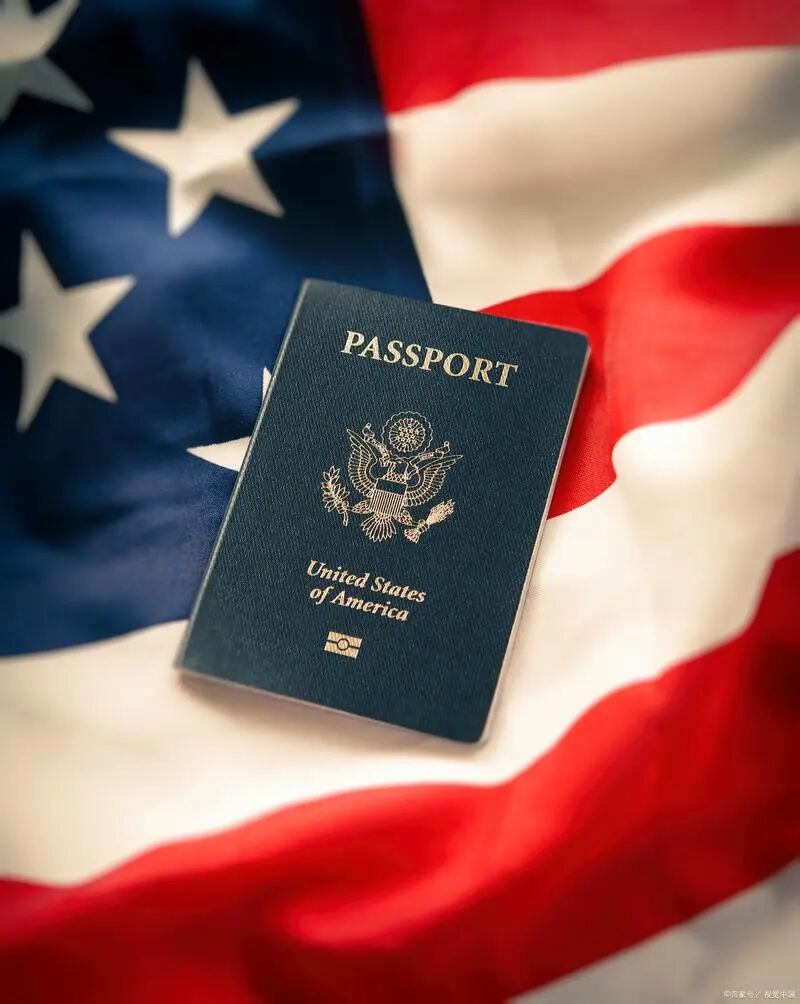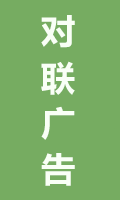【Lumilla的三语blog】BLIND TASTING 盲品的思考 DEGUSTAZIONI ALLA CIECA

「在生活的道路上,只有经历过才会明白,遇见的大多是面具,却看不到几张真实的脸庞。」
高中时读到意大利戏剧大师彼朗德罗(Pirandello)的时候,我问自己:那些我遇见的面具里,有几件是佩戴它的人雕铸的。更简单地说,如果明天我会遇见一位名人,一个伴随我度过青春期的偶像,我的反应会是怎样?我们应该一点都不会担心他或者她是一个无趣的人,反而会紧张,担心在TA面前的自己是否完美。只要我们遇见的人带着歌星、演员、专家的面具,我们就不由自主地被其吸引,为能与他相遇而激动不已。
相反,当我们要面试招聘一个人的时候,我们会非常严格,甚至吹毛求疵。
好吧,把话题拉回到葡萄酒上来:
在选酒的时候,我们首先看的就是标签,随之会回想是否认识这家酒庄,这酒是醇酿还是混酿… … 如果我们不知道某些信息就会上网去查找。
结果是在品尝这瓶酒之前,我们已经“幻想”出一个概念了。所以标签对于酒来说,就是它的面具。
说到这里,我想讲一个流传在品酒师们之间的玩笑:有人把价值3欧元的酒放到一个西施佳雅(Sassicaia) 的瓶子里,被开玩笑的品酒师往往立刻就开始描述这酒的各种香气和味道,说得和真的西施佳雅不相上下。
记得托马索(我的酿酒师好朋友)曾经和我描述他读大学的时候和小伙伴一起品酒的时光,流程很简单:他们会把瓶子先用锡纸包起来,然后分别品尝。当然之前大家会制定一个主题,比如同样的葡萄品种在不同地域生长和酿造的区别,或是同一产区几种不同的酒,或者不同产区的特殊品种等等。
这种品酒方式驱使我们用感知和专业水平,用敬畏之心去品尝一款酒。要相信自己内心的感受,因为没有任何一个标签能真实地告诉我们摆在面前的是怎样一瓶酒,即便有时候我们会犯错,但我们问心无愧。
对我们遇见的人也是如此,忽略他们的面具,去认识真实的人们,因为不是所有贴着精美标签的西施佳雅都是正宗的好酒。
***
“You will learn at your expense that on the long journey of your life you will encounter many masks and few faces.”
During high school, studying Pirandello, I wondered how many of those masks we encounter in our lives are created by those who wear them. Let me explain: if tomorrow we could meet a famous person, one that we really admire, an actor or singer who sweetened our afternoons during adolescence, how would we behave? If we met our idol, we would have no thought of how boring this person might be. We would be very focused on ourselves and anxious to be worthy of them. We would try to look brilliant in every way. The idea we have of the person, the mask we have of him / her, as a singer, actor, professional, would be enough to please us. We would exalt them regardless of how the meeting might actually go.
Conversely, if we found ourselves in a position to hire someone , we would be extremely critical.
Compare this to wine:
When we have to choose a bottle of wine the first thing we look at is the label. Immediately we wonder if we
The reality is that before we drink that wine we already have an idea of what it will taste like. The label is a mask that our wine wears.
In this regard, I have heard stories of a very common trick among people who are trying to make : a 3 euro wine is put in bottles of Sassicaia (or another very expensive wine). The unsuspecting person tastes it, and begins to praise all the organoleptic characteristics of the 3 euro wine, convinced that it is Sassicaia.
Tommaso once told me how fun it had been during his university days to do blind tastings with his friends.
The procedure is simple: you cover the bottles and taste [the] different wines. Obviously, at least the first few times, there must be clues. For example: local vines, indigenous vineyards in Italy or a specific region.
What makes this game amusing is that you are measured by your own abilities and with the fear of making a mistake. You have only yourself to rely on, as there is no label to help you understand what’s in front of you. The risk is that you get it wrong and say stupid things, but you really get deep into the game.
Every now and then I think it would be nice if we could apply the same thing in everyday life to the people around us. We don’t always have Sassicaia in front of us.
***
“Imparerai a tue spese che nel lungo viaggio della tua vita incontrerai tante maschere e pochi volti”.
Durante il liceo, studiando Pirandello, mi chiedevo quante delle maschere che incontriamo nella nostra vita vengano costruite da chi le indossa. Mi spiego meglio: se domani potessimo incontrare un personaggio famoso, uno che stimiamo moltissimo – un attore o il cantante che ha addolcito i pomeriggi della nostra adolescenza – come ci comporteremmo? Se potessimo incontrare il nostro idolo non ci preoccuperemmo affatto di come lui possa risultare noioso. Saremmo estremamente focalizzati su noi stessi e presi dall’ansia di non essere all’altezza; proveremmo ad apparire brillanti in ogni modo. L’idea che abbiamo della persona, la sua maschera di cantante, attore, o professionista, sarebbe sufficiente a farci piacere quella persona. Esalteremmo il personaggio a prescindere dall’incontro con la persona in sé.
Al contrario, se ci trovassimo nella posizione di assumere qualcuno, saremmo estremamente critici.
Arriviamo a parlare del vino:
Quando dobbiamo scegliere una bottiglia di vino la prima cosa che guardiamo è l’etichetta. Immediatamente ci chiediamo se conosciamo il produttore, se il vino è in purezza o da quali uvaggi sia composto, spesso, se ci manca qualche informazione, cerchiamo su Google la zona di provenienza e tutto quello che ci serve sapere.
La verità è che prima di bere quel vino abbiamo già un’idea di come sarà. L’etichetta è la maschera che il nostro vino indossa.
A questo proposito, ho sentito di racconti di uno scherzo molto comune tra le persone che si cimentano in analisi sensoriali sul vino: viene messo del vino da 3 euro in bottiglie di Sassicaia (o un vino molto costoso) e il malcapitato spesso inizia a esaltare tutte le caratteristiche organolettiche del vino da 3 euro, convinto che sia Sassicaia.
Tommaso una volta mi ha raccontato di quanto fosse divertente, durante il suo periodo universitario, fare degustazioni alla cieca con i suoi compagni. La procedura è semplice: si coprono le bottiglie e si assaggiano diversi vini. Ovviamente, almeno le prime volte, si devono avere degli indizi. Ad esempio: vitigni alloctoni, vitigni autoctoni, centro Italia o una regione specifica.
La cosa divertente di questo gioco è che ci si misura con le proprie capacità e con la paura di sbagliare. Bisogna affidarsi solo a sé stessi e non esiste nessuna etichetta che ci aiuti a capire cosa abbiamo davanti: si rischia di commettere errori e dire stupidaggini, ma ci si mette davvero in gioco fino in fondo.
Ogni tanto penso che sarebbe bello poter applicare la stessa cosa, nella vita di tutti i giorni, con le persone attorno a noi; non sempre quello che abbiamo di fronte è Sassicaia.
发表评论







暂时没有评论,来抢沙发吧~